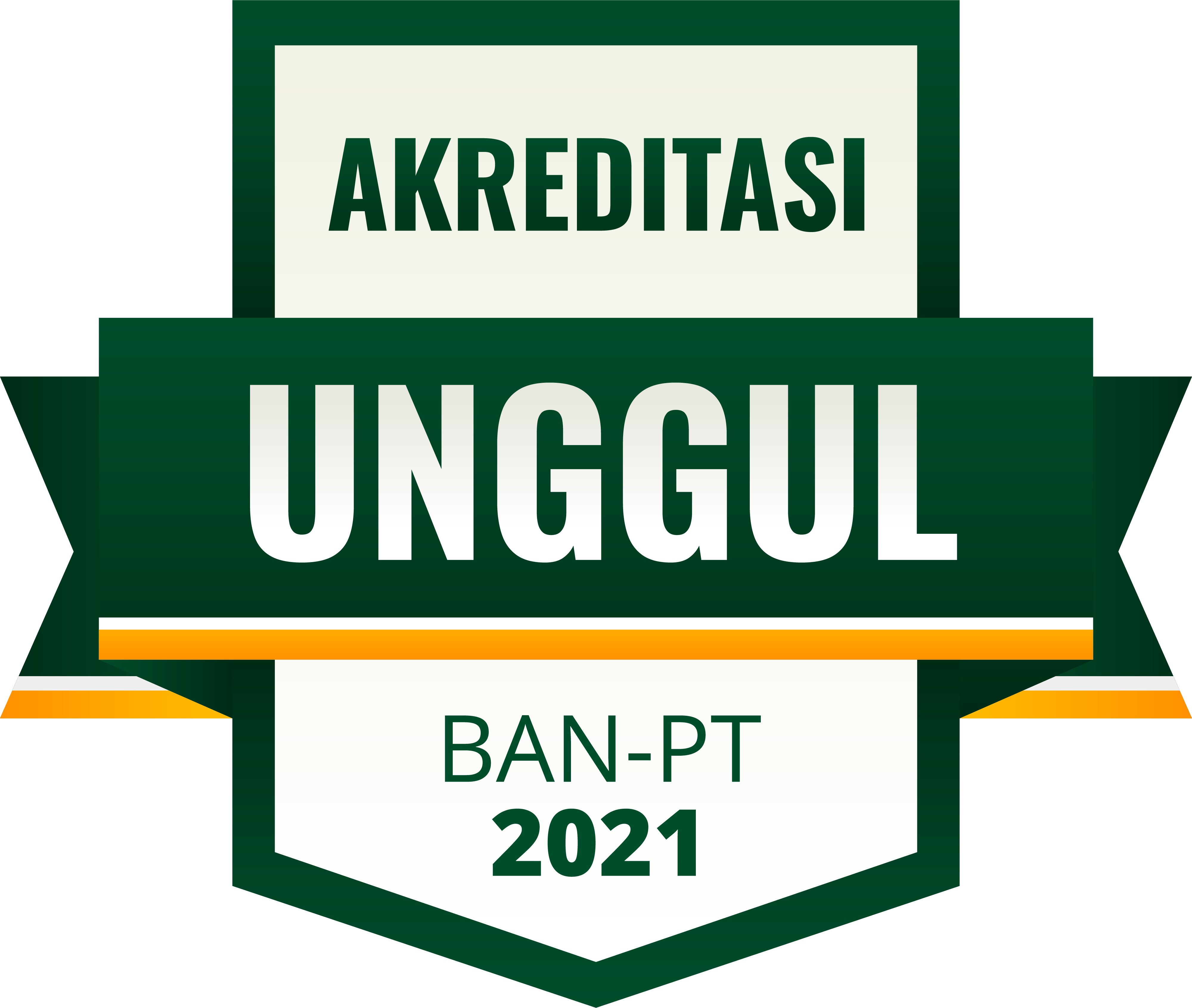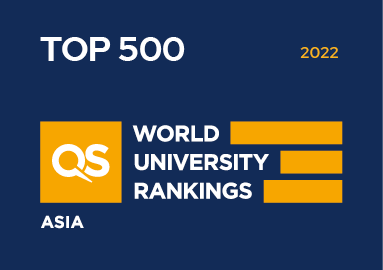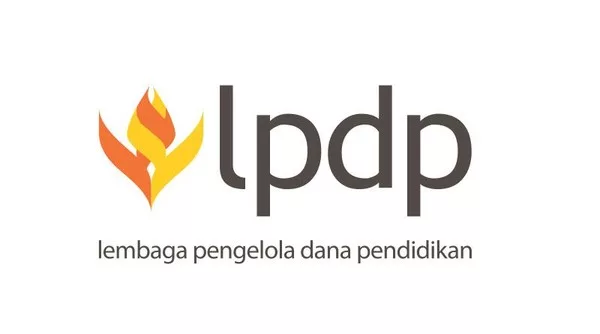 Tanah Papua is a region that adheres to customary rules and often intersects with policies made by the government, one of which being the Tanah Ulayat Rights. In principle, customary land rights in Papua cannot be transferred by buying and selling, liberation, development of government infrastructure and the interests of others who are not members of the customary law community. These conflicts often extend into open war between tribes to defend the customary rights of each tribe. Therefore, a proper settlement process is needed so that all parties can benefit from it.
Tanah Papua is a region that adheres to customary rules and often intersects with policies made by the government, one of which being the Tanah Ulayat Rights. In principle, customary land rights in Papua cannot be transferred by buying and selling, liberation, development of government infrastructure and the interests of others who are not members of the customary law community. These conflicts often extend into open war between tribes to defend the customary rights of each tribe. Therefore, a proper settlement process is needed so that all parties can benefit from it.
Postgraduate Student of Universitas Muhammadiyah Yogyakarta (UMY) Islamic Political Science Study Program (IP-PI Study Program), Tri Mulyadi compiled a dissertation titled “Conflict over Transfer of Customary Land Rights in Jayapura Regency, Papua”. He said that the conflict over the transfer of customary land rights caused differences in political perception among indigenous and tribal peoples, resulting in various problems including indigenous culture, economic inequality, as well as Race and Intergroup Religion (SARA) Problems.
“Land acquisition by the government through coercion uses a military approach and intimidation that triggers conflicts over Tanah Ulayat Rights on indigenous and tribal peoples who feel they have lost their rights to their land. They continue to fight by creating a blockade and demanding compensation from the government,” he said during an open dissertation exam, Thursday (12/12) at the UMY Postgraduate Building.
After conducting his research, Tri Mulyadi found a solution to the conflict by encouraging the young generation to keep Tanah Ulayat as the communal land of the indigenous community. Then, they should support the government in resolving conflicts through traditional justice, and carry out continuous legal socialization by collaborating with other parties such as Non-Governmental Organizations (NGOs), and Government Legal Institutions and.
“Transform the younger generations from provocateurs to facilitators. The younger generation should facilitate problem-solving. While the indigenous laws may seem ancient, the people lived by said law, and it is venerated by the people. The indigenous laws are also flexible, and they follow the development of their people,” he added.
Mulyadi also stated the governmental bodies and private companies often give unfair compensation in land acquisition. Therefore, negotiation and approaches need to be persuasive. Human resources is also a valuable asset in maintaining ancestral land.
Through this dissertation, Tri Mulyadi officially became the 25th PI-IP doctor and the 104th doctor of UMY. He enrolled in the program for 2 years and 4 months. (ak)
Berita Terbaru
---
---
---




